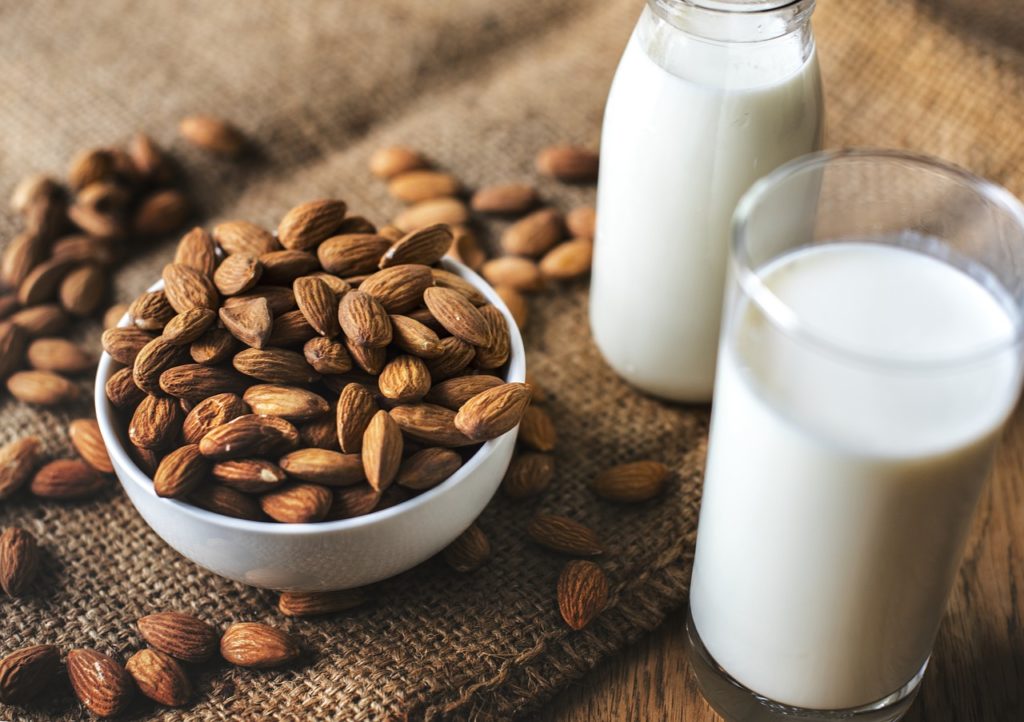Across the food industry retailers, suppliers, and manufacturers have witnessed alternative food products grow in popularity. From faux meats to plant and nut-based dairy substitutes, these products are going mainstream and the labeling of these once unconventional food items have heightened controversy between traditional suppliers.
The Food and Drug Administration (FDA) last September asked for the public’s commentary on whether plant-based items should be allowed to use dairy terminology for labeling. Some examples include soy milk, almond milk, and vegan mozzarella cheese.
The public petition stemmed from the FDA’s concerns that consumers may associate these products to carry similar nutrients as regular dairies, such as calcium and vitamin D. The deadline for the commentary was January 28th and results from the public show leniency towards diversity in the food market.
The data found 76 percent of comments favored dairy terms among plant-based food items, according to a Linkage Research & Consulting Agency analysis commissioned by the Plant-Based Food Association (PBFA). However, the research only reviewed 7, 061 of the 11,903 comments publicly available.
In addition, 13.5 percent of commentary reflected plant-based food items to not be labeled under dairy terms, with 10.5 percent remaining unsure of their opinion on the matter.
Although many of the commenters remained anonymous, 1,715 identified as consumers, with 97 percent of them supporting dairy terms on plant-based products, and 87 percent indicating they aren’t confused by these labels. Another 59 percent said changing the names of these products would actually cause more confusion.
Despite these results, the feeling wasn’t mutual among the 482 dairy farmers and their families. This group of individuals opposed this terminology for two reasons, with 94 citing concerns of nutritional misinformation and another 91 percent saying it would cause confusion for consumers between unconventional and conventional dairy items when shopping.
This controversy isn’t new between plant-based food manufacturers and dairy farmers. In 2018, The Good Food Institute (GFI) and the National Milk Producers Federation (NMPF) were petitioning against each other to the FDA regarding dairy-labeled vegan products.
When matters were finally taken to federal court the judge ruled in favor of plant-based products, stating ‘no reasonable consumers’ could be misled between these products. Still today dairy farmers often argue that these products could confuse consumers and not offer the same nutrients.
Still under FDA regulation today, milk and cream by definition is a product that derives from an animal. However, supporters of plant-based dairy terminology point to free speech rights for food manufacturers.
With consumers showing greater acceptance of plant-based and nut-rich dairy alternatives, it’s possible the FDA definition of milk and cream could be altered in years to come.
Despite these findings, the Plant-Based Food Association has admitted that their analysis did not consider the total amount of comments submitted.
In addition, the recent resignation of Scott Gottlieb leaves the FDA without a full-time commissioner, meaning updated regulations could take longer to process and execute. For now, it looks like consumers will still be able to find plant-based milk in the dairy section of the supermarket.












Join or login to leave a comment
JOIN LOGIN